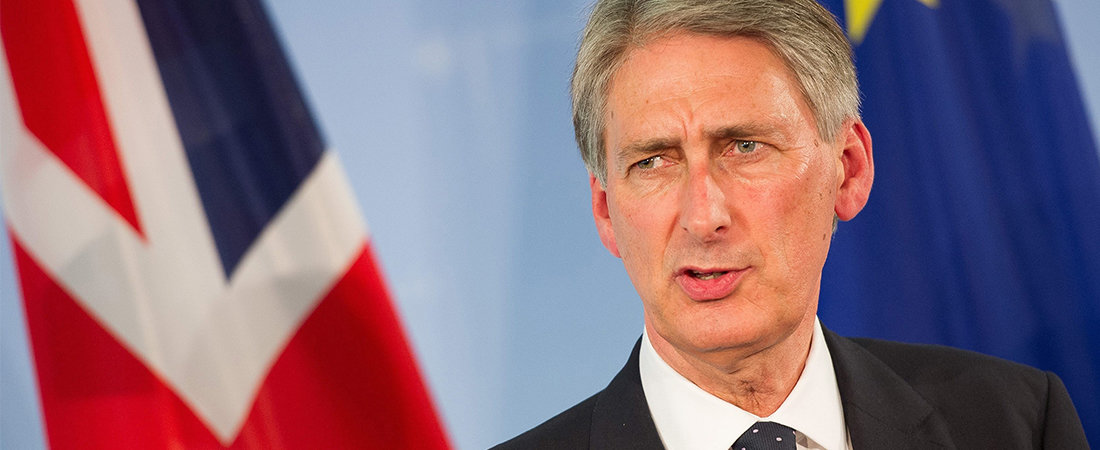The Chancellor caused a stir today when he became the highest ranking member of the Government to publicly commit Britain to a transitional departure from the EU. The Financial Times also reported that he had told business leaders assembled at No. 11 Downing Street this week, that he would pursue an “off-the-shelf” transition, and not waste time or political capital, both of which Britain lacks, attempting to negotiate a bespoke deal.
Hammond’s comments came hot on the heels of Eurosceptic ministers Liam Fox and Michael Gove, who have both backed the idea of a transitional arrangement in the press recently.
As promising as this all sounds – Leavers and Remainers standing in unison on something for once – it’s politics, as always, that will get in the way.
“When the Brits say transition and the EU say transition I don’t think they mean the same thing”, is how one European diplomat has described the chasm between the two sides.
The emerging consensus on this side of the Channel is that a transitional deal consists of our new relationship with the EU – whatever that turns out to be – being phased in, yet finishing before the next general election is held (scheduled for 2022). That’s not how the EU sees it.
In its negotiating directives, the European Commission defines a transitional deal as requiring all “existing Union regulatory, budgetary, supervisory, judiciary and enforcement instruments and structures to apply.” That means continuing freedom of movement, paying into the budget, accepting rulings from the ECJ and all new EU laws, for up to three years after the Article 50 process has wrapped up. And this is all without a say in what goes on – no votes on the Council, no MEPs, and no Commissioners. That’s an extension of membership on worse terms, rather than a transitional exit.
With Britain’s tabloid press and a prime minister shorn of her majority and dependent on her backbenchers, none of that will wash. It’s politics, as always, that will get in the way.
This is exacerbated by the fact that, unlike David Davis, Michel Barnier, the EU’s chief negotiator, is under no rush to agree to a transition. He’s happy to hold it over Britain’s head to achieve the exit terms he wants and allow the uncertainty to fester in the minds of financial services companies eyeing a move to Dublin or Frankfurt. For Britain, a transitional deal not agreed soon, that is in 2017, loses its appeal. No use reassuring banks that have already flown the nest.
The contents of any transitional deal will be subject to negotiation of course, so there is much still to be decided. But while business might think it’s good that the Cabinet is rallying around the idea of a transitional deal, better late than never, unfortunately the political realities both domestically and at a European level will stand in its way. It’s a nice idea, but don’t hold out hope.

